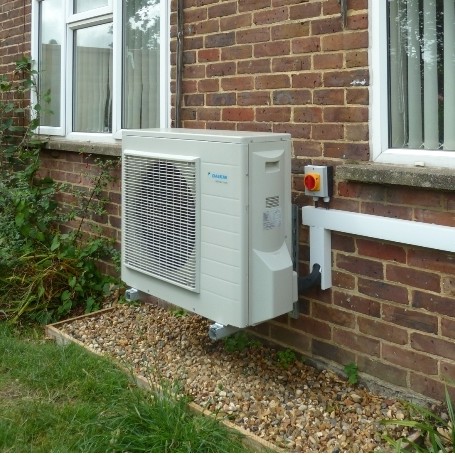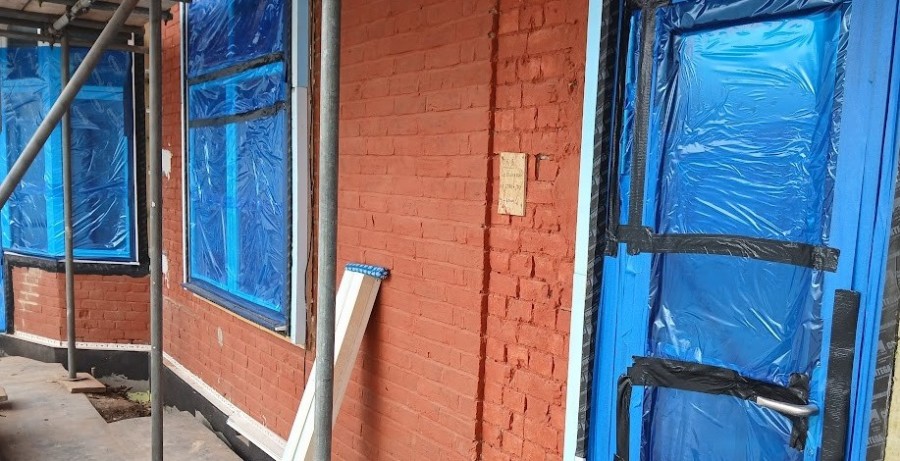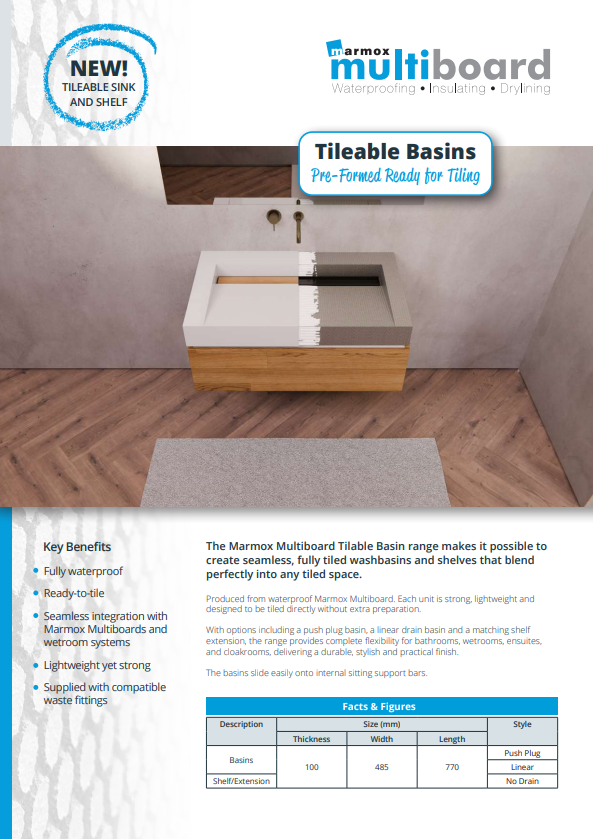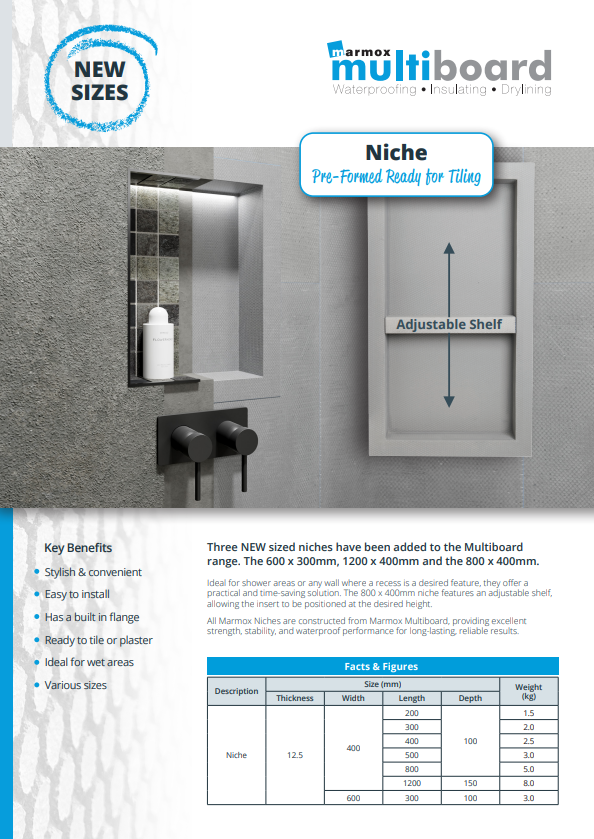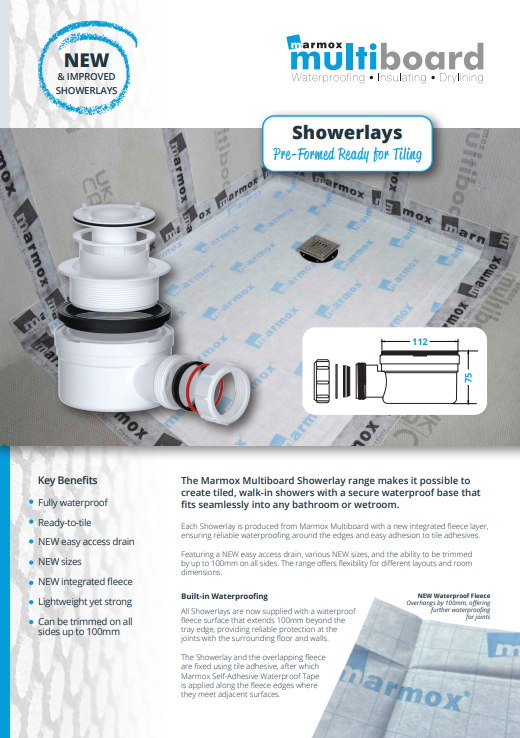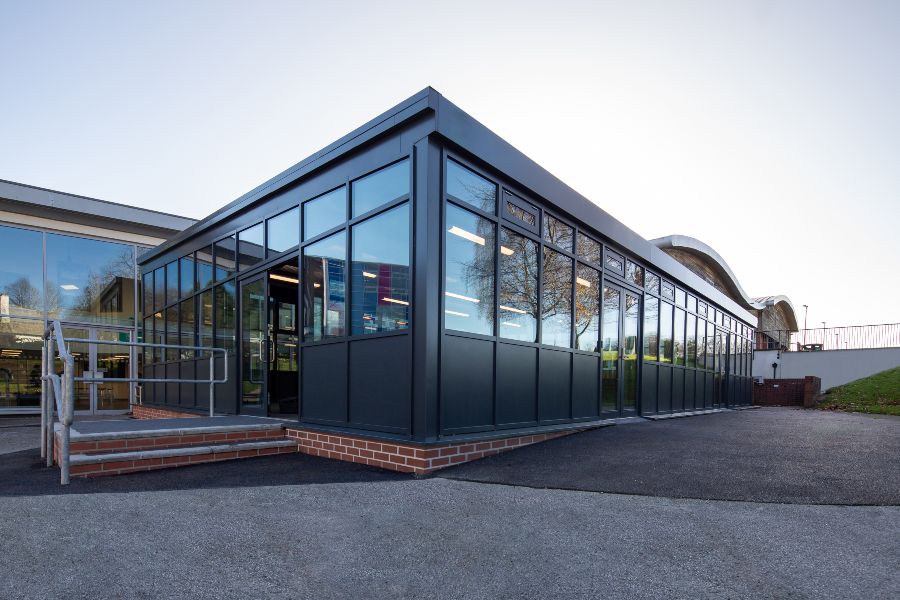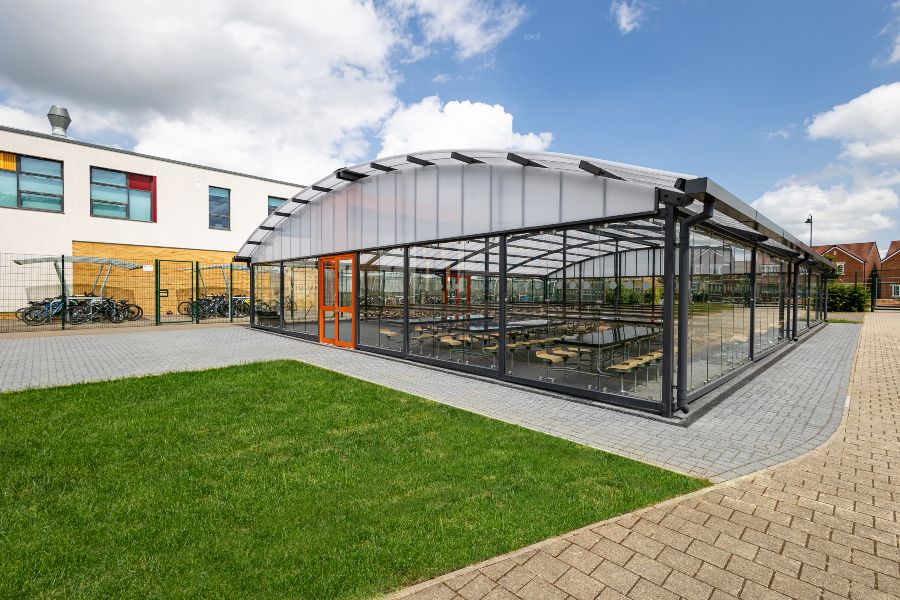A new study from the Energy Saving Trust has found that the performance and efficiency of heat pumps has improved following recommendations to design, installation and operation.
Technical data obtained from an in-depth study of heat pumps at sites across the UK has found that well-installed and operated heat pumps perform to a very high standard in UK homes.
According to the Energy Saving Trust, homes best suited for heat pump installations could expect to earn savings and income of around £1,350 a year on air source heat pumps and around £3,000 a year on ground source heat pumps.
This follows the Renewable Heat Incentive (RHI) announcement by the Department of Energy and Climate Change (DECC) in July, which revealed householders could receive payments of hundreds of pounds a year for heat generated by renewable heat technologies, such as heat pumps.
The success of the heat pumps’ performance during the study was underpinned by the experience of the users. Eighty per cent were satisfied with their heat pump’s performance, while over three quarters (77 per cent) would recommend a heat pump to a friend, mainly because of its efficiency and running costs of the system.
The results build upon Phase 1 of the research, released by the Energy Saving Trust in 2010, which identified recommendations for the industry and end-users to achieve better performance from the technology. The results from Phase 1 showed wide variation, with the best-performing systems being those that were deemed to be properly designed and installed.
The latest study, conducted between 2010 and 2013, investigated these variations in performance, with interventions carried out to achieve improved performance from the heat pump installations. Overall 20 of the 32 heat pumps undergoing interventions between Phase 1 and this study achieved improvements in performance with the remainder achieving similar or slightly lower performance.
Jaryn Bradford, Senior Technical Manager at the Energy Saving Trust, said, “Based upon the results of the study, we are convinced that heat pumps can play a significant role in providing an effective heating solution for homes and reducing carbon emissions.
“From the study, it is clear that heat pumps are sensitive to design, commissioning and how the householder uses the system. However, the performance monitoring trials have provided early indications that the introduction of improved installation standards, amongst other things, will lead to improved performance.
“The interventions carried out during the study are an early indication of the successes that robust standards can achieve. If heat pumps were installed today under the current installer guidelines, alongside further customer guidance on operating the system, they would achieve even better performances than indicated in the study.
“The recent government announcement about the RHI is a positive step in the right direction. We have already seen an increased uptake in renewable heat technologies among householders, communities and businesses, and expect this to continue following the announcement about the financial incentives.
“The new savings and income figures, alongside the recommendations from our study, can only help to encourage the increased uptake of heat pumps in the right homes across the UK.”
Energy and Climate Change Minister Greg Barker said, “The Coalition is committed to helping hard pressed families with the cost of living.
“This study is a positive step forward. It shows that high standard renewable heating technologies can save households significant money on their energy bills, and help to produce clean energy at the same time.
“I want to see more people reap the rewards that heating technologies have to offer. I recently launched the new Renewable Heating Incentive (RHI) scheme for householders which will incentivise people to invest in a range of exciting heating technologies and benefit from the clean heat produced.
“Energy Saving Trust’s encouraging findings will certainly help to bolster consumer confidence in investing in this innovative technology.”
The RHI for householders is designed to drive forward the uptake of renewable heat technologies in homes across Great Britain to cut carbon, help meet renewables targets and save money on bills. In July, tariff levels were set at 7.3p/kWh for air source heat pumps and 18.8p/kWh for ground source heat pumps, payable for seven years. Additional subsidies are also available to enable households to take up packages to monitor the efficiency of their heat pump.
After Phase 1 of the heat pump trials, the Energy Saving Trust worked with relevant trade bodies, heat pump manufacturers, DECC and the Microgeneration Certification Scheme (MCS) to improve heat pump installation guidelines and training. Energy Saving Trust plans to work again with these relevant parties to help improve heat pump installation and product standards within the MCS using the findings from the latest study.
The latest heat pump study was supported by funding from DECC, the Energy Technologies Institute, EDF Energy, Npower, British Gas, Scottish Power, Scottish and Southern Energy (SSE), E.On UK, NIE Energy, Danfoss UK, NIBE and Mitsubishi Electric.






